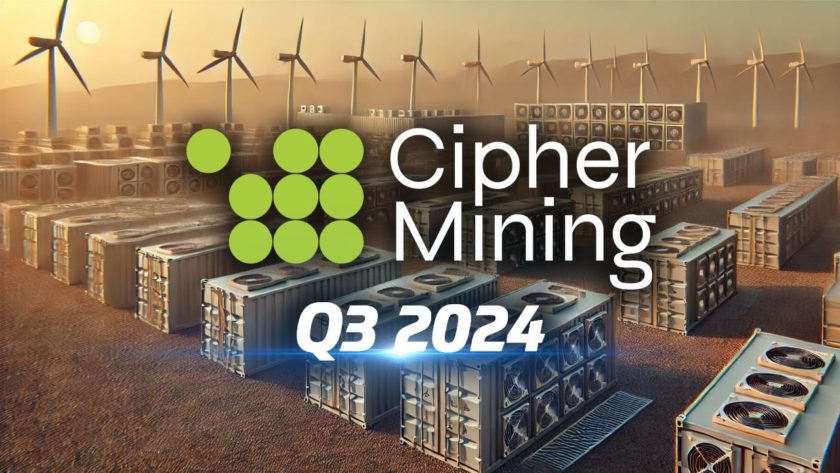Bitcoin’s PoW miners continue to dominate the cryptocurrency mining industry both in terms of total revenue and total security spending. Bitcoin miners received $5.5bn in total block rewards, $5.2bn (94.8%) of which were newly minted coins, and $284m (5.2%) of which were transaction fees.
These days, almost everyone in crypto-space is talking about the upcoming Bitcoin halving. What is sure for now, is that this event will erase all inefficient miners and revise the global share of hash rate. However, the real question is: Will BTC miners in North America benefit from a collapse in China and how?
Chinese mining pools currently hold approximately 65% of Bitcoin’s hash rate, while their North American counterparts account for around 15 percent of hash rate.
Some industry experts think that the Chinese harassed mining sector, with problems that will be infuriated by the halving next week, when miners’ rewards are cut in half, has created a hash rate “tug-of-war” that could transfer the power equilibrium to North America.
BTC Miners in North America Have Access to Cheap Energy
While Chinese miners are suffering from supply-chain shortages affecting next-gen ASIC equipment, miners in North America have access to cheap and renewable energy, and increased appetite from North American investors.
The halving will most probably affect the way of how over-leveraged Chinese miners (those who took out loans for most of their operational capacity instead of paying in cash) do business, making most of them rebuilding their operations in order to compete.
It all depends on how high will the Bitcoin price be as it goes into the halving but one thing is sure. These miners are risking bankruptcy, even those with next-generation hardware. The main reason lays in the fact that they will have to spend most of their mining rewards on their, above mentioned, debt obligations, so they’ll be the first to be washed out when their revenue is cut in two.
Ethan Vera, a pool operator at North American Luxor Mining Pool said:
“Chinese miners are generally more leveraged than North American. It’s clear that they are highly levered because during the fall in crypto prices in March, almost all of them margin called.”
New Generation ASICs Will Have Major Impact on Hashrate Distribution
Denis Rusinovich, who operates an 80-megawatt mining operation in Kazakhstan, estimates that, once new generation ASICs come on line, this “will have a major impact on hashrate redistribution for the next 12 months.”
Vera said that even if Bitcoin surpasses $9,000, this halving could still hurt North America “pretty bad in the near-term, but it will be good in the mid-term.”
Samson Mow, the Chief Strategy Officer of Blockstream added:
“We’re already seeing a large segment of Bitcoin mining move to North America.”
These include Blockstream’s operations, a 300 MW joint-operation between its Quebec and Georgia facilities. Also, Munich-based Data AG (formerly, Northern Bitcoin AG) has established its own 300MW facility in Rockdale, Texas. With 300 MW total capacity, these are some of the largest Bitcoin mining facilities in the world.
Do Not Expect Immediate Shakeout
Among other examples of North America’s growing mining sector, we can mention Upstream Data, which is selling mining rigs to oil drillers to help them make better use of flared or vented gas. Another company VBit is establishing a 200 MW facility in Alberta, Canada.
Mow noted “it’s inevitable” that “major ASIC companies setup manufacturing facilities in North America in the coming years.”
However, he says he does not expect any immediate “shakeout” that will redistribute hash rate but a gradual process. This would mean that North American will continue to emerge as China’s primary rival. Mow also predicts this competition will be in the hardware manufacturing domain as well as the mining industry itself.
Vera added that Chinese investors have a higher risk appetite than their American opposition. Still, American investors are more and more looking at the Bitcoin as more of an opportunity than a risk.
Experienced creative professional focusing on financial and political analysis, editing daily newspapers and news sites, economical and political journalism, consulting, PR and Marketing. Teuta’s passion is to create new opportunities and bring people together.




